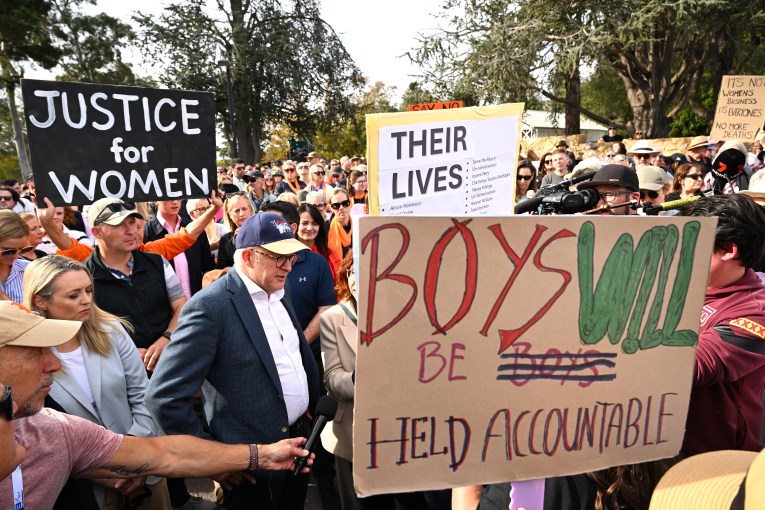Double-D speculation grows
The government is pushing legislation through parliament to reform Senate voting, sparking fresh speculation it’s planning a double dissolution election.
Under new voting rules, a double dissolution, in which all senators are up for election rather than just half, would get rid of most or all of the minor party senators the government believes have been obstructing its legislative program.
The Greens have given their in-principle support to the new Senate voting regime. Opposition Leader Bill Shorten said he wanted to see the details.
• Stan Grant ‘in discussions’ about politics
• Peter Dutton faces threat from right-wing parties
• Labor draws level with Coalition: poll
Finance Minister Mathias Cormann said a double dissolution was a live option for Prime Minister Malcolm Turnbull to consider.
“In the end, the timing of the election in the national interest and the form of the election is entirely a matter for the prime minister, but irrespective of what form the election will take later this year, obviously these reforms are very important,” he told ABC Television.

Mr Cormann said a double dissolution was a ‘live option’. Photo: AAP
Announcing the legislation on Monday, Mr Turnbull singled out Victorian Australian Motoring Enthusiast Party Senator Ricky Muir, elected in 2013 with less than half a per cent of the state’s primary vote, as an example of how Senate voting had gone wrong.
Senator Muir said he always knew the government would use his election as a reason to change the electoral system and take democracy away from the people.
“Unfortunately, if the government’s made a deal with Senator Xenophon and the Greens, it’s going to go through. But I’m not gonna sit back quietly and say I think that’s all right. I don’t,” he told ABC Television.
Liberal Democrat senator David Leyonhjelm said the coalition would never achieve a majority in the Senate, either under the current or new rules.
“The absolute best they can do, and that’s only if they do extremely well in two consecutive elections, is get 38 out of 76 senators,” he said.
“That will not be enough for them to get their legislation through. All it will do is allow them to block the Greens and Labor from doing something they don’t like.”








